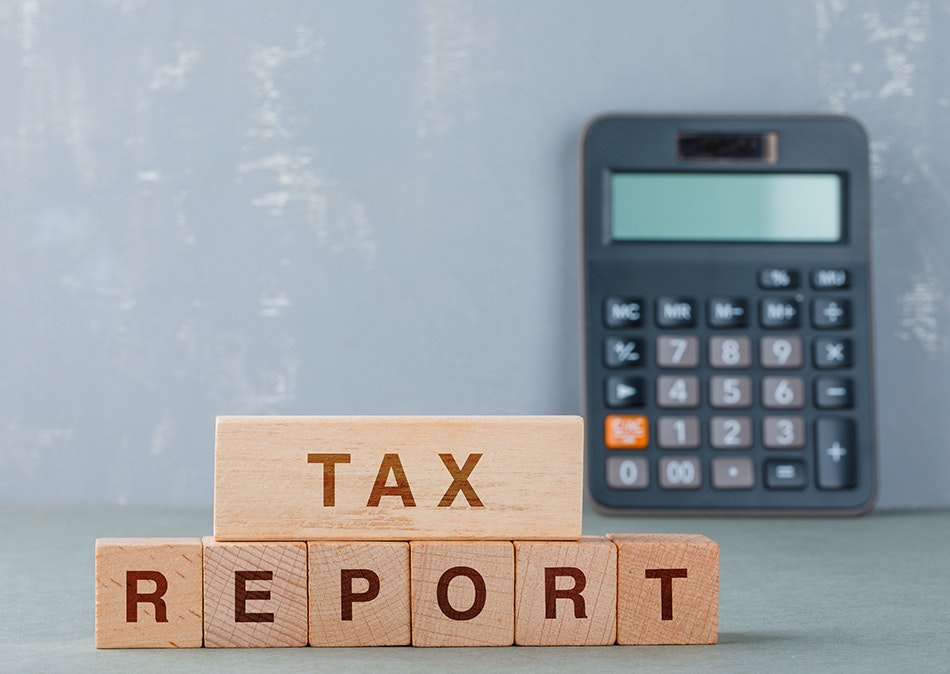Insights
Taxable payments reporting system: How it works

Taxable payments annual report
Eight years after it was introduced, it appears many businesses have yet to come to grips with the taxable payments annual report (TPAR).
Some business owners who pay contractors for certain services (see below) are required to submit the report to the Australian Taxation Office (ATO) each year.
The ATO then compares the payments made to the contractors with the income they’ve declared.
They need to submit a TPAR if 10% or more or — in the case of building and construction — 50% or more of their business income is from these contracting services.
The ATO then compares the payments made to the contractors with the income they’ve declared.
Among other things, this helps the agency identify contractors trying to evade tax by either not reporting or under-reporting their income.
Despite it being a legal requirement, in March the ATO announced that about 280,000 businesses had yet to lodge a TPAR for 2019–20 — six months after the 28 August 2020 deadline.
Affected services
First developed in 2013 for building and construction services, the taxable payments reporting system has been expanded to include other types of services.
If your business pays contractors for the following services — even if they make up only a part of your business — you may be required to submit a TPAR:
- building and construction services
- cleaning services
- courier services
- road-freight services
- information technology services
- security, investigation or surveillance services.
Contractors can include contractors, consultants, and independent contractors. They can be operating as sole traders (individuals), companies, partnerships, or trusts.
ATO assistant commissioner Peter Holt says that, depending on the percentage of payments they’ve received for deliveries or courier services, some businesses may be required to lodge a TPAR but may not realise it.
“Many restaurants, cafés, grocery stores, pharmacies and retailers have started paying contractors to deliver their goods to their customers,” Mr Holt says.
“These businesses may not have previously needed to lodge a TPAR. However, if the total payments received for these deliveries or courier services are 10% or more of the total annual business income, you’ll need to lodge.”
What to report on
The details you need to report about each contractor are generally found on the invoice you should have received from them, namely:
- their name
- their address
- their Australian business number
- the total amount paid to them, including any GST.
There are some payments you do not report on the TPAR, including:
- payments for materials only
- payments for incidental labour
- unpaid invoices as at 30 June each year
- PAYG withholding payments
- payments within consolidated groups
- payments for private and domestic projects.
Lodging your report
Business owners need to lodge their TPAR by August 28 each year.
You can prepare and lodge their own report using:
- the ATO’s online portal
- business software that offers the TPAR
- a paper form (NAT 74109).
Or you call Modoras on 1300 888 803 and ask one of our accountants to lodge a TPAR on your behalf.
While the ATO says it’s “focused on supporting people to meet their obligations and not on applying penalties in the first instance”, the agency can penalise you for failing to lodge your TPAR on time.
More information
Stay abreast with tax policies that may affect the way you do business. Speak with a Modoras accountant today by calling 1300 888 803 or scheduling a consult by clicking here.
IMPORTANT INFORMATION: This blog has been prepared by Modoras Accounting (SYD) Pty Ltd ABN 18 622 475 521. The information and opinions contained in this blog is general information only and is not intended to represent specific personal advice (Accounting, taxation, financial, insurance or credit). No individuals’ personal circumstances have been taken into consideration for the preparation of this material. The information and opinions herein do not constitute any recommendation to purchase, sell or hold any particular financial product. Modoras Accounting (SYD) Pty. Ltd. recommends that no financial product or financial service be acquired or disposed of or financial strategy adopted without you first obtaining professional personal financial advice suitable and appropriate to your own personal needs, objectives, goals and circumstances. Information, forecasts and opinions contained in this blog can change without notice. Modoras Accounting (SYD) Pty. Ltd. does not guarantee the accuracy of the information at any particular time. Although care has been exercised in compiling the information contained within, Modoras Accounting (SYD) Pty. Ltd. does not warrant that the articles within are free from errors, inaccuracies or omissions. To the extent permissible by law, neither Modoras Accounting (SYD) Pty. Ltd. nor its employees, representatives or agents (including associated and affiliated companies) accept liability for loss or damages incurred as a result of a person acting in reliance of this publication. Liability limited by a scheme approved under Professional Standards Legislation.



